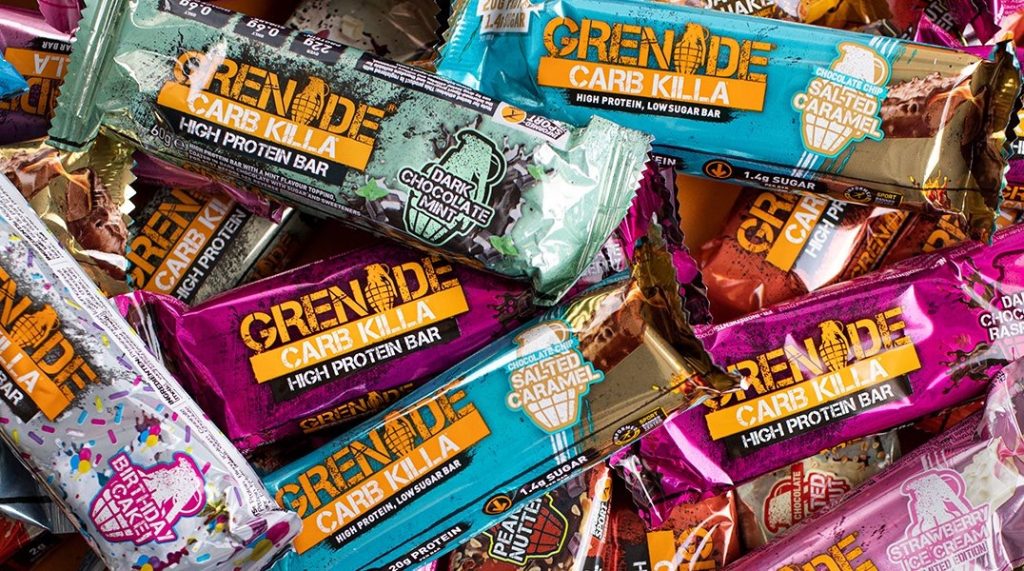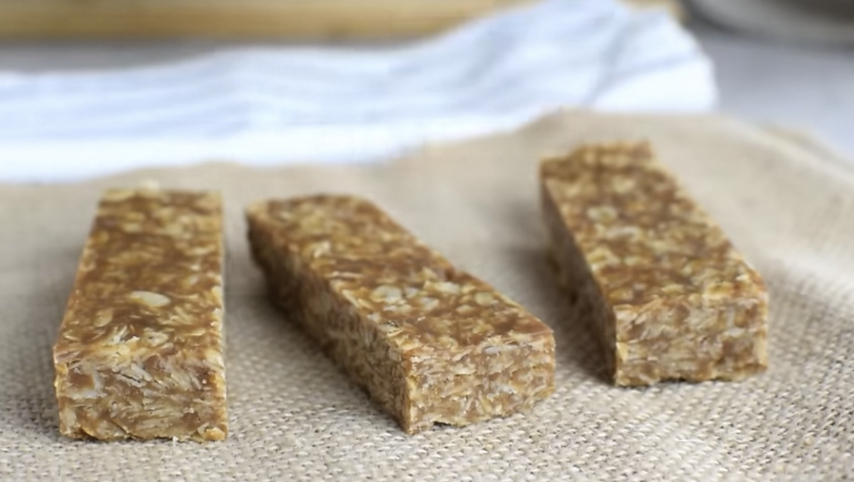Protein bars are a popular choice for many looking to fuel their workouts, curb hunger, or get a quick, convenient snack. But are they really as beneficial as they’re made out to be? In this post, we’ll break down the ingredients you’ll typically find in protein bars, as well as their pros and cons, to help you decide if they’re a good fit for your weight loss and fitness goals.
Common Ingredients in Protein Bars
Protein bars come in a variety of forms, but they generally include some combination of the following ingredients:

- Protein Sources: Whey protein, casein protein, pea protein, soy protein, and other plant-based proteins are common in bars. Whey is quickly absorbed by the body, while casein is slow-releasing, making both ideal for different purposes (like post-workout recovery or meal replacement).
- Carbohydrates: This can come in the form of sugars, sugar alcohols (like erythritol), or natural sweeteners like honey or maple syrup. The type and amount of carbs impact the overall calorie content of the bar.
- Fats: Some protein bars include healthy fats from sources like nuts, seeds, or coconut oil. Healthy fats are important for long-lasting energy but can also increase calorie content.
- Fiber: Added fiber helps to improve digestion and make you feel full longer. Inulin and chicory root are common fiber sources found in bars.
- Vitamins and Minerals: Many bars are fortified with vitamins and minerals like calcium, potassium, and vitamin D to help balance your diet.
The Pros of Protein Bars
- Convenience: One of the biggest selling points of protein bars is how easy they are to take on the go. Whether you’re rushing to work or need a quick post-workout snack, protein bars are a portable and mess-free option.
- Protein Boost: Protein is essential for muscle repair and growth, and having a quick protein boost can be especially helpful after a workout. Protein bars can also be used as meal replacements when you’re pressed for time.
- Satiety: Many protein bars contain fiber, which can help curb hunger and keep you satisfied for longer, making them a good choice for weight loss or maintaining a healthy diet.
- Variety: There’s no shortage of flavors, textures, and formulations when it comes to protein bars. Whether you prefer chocolate, peanut butter, or fruity flavors, you can find a protein bar that suits your taste.
The Cons of Protein Bars
- High Calorie Content: While protein bars are designed to provide nutrition, many are packed with calories due to added sugars, fats, and carb sources. If you’re watching your calorie intake for weight loss, some bars might not be the best option.
- Added Sugars: Many protein bars use artificial sweeteners, added sugars, or sugar alcohols to improve taste. While sugar alcohols are low-calorie, they can cause digestive issues like bloating or gas in some people. Excess sugar can also spike blood sugar levels.
- Processing and Additives: Some protein bars are highly processed, containing artificial flavors, preservatives, and other additives. It’s important to read labels carefully and choose bars with fewer artificial ingredients.
- Not Always a Balanced Option: Not all protein bars provide the right balance of macronutrients (protein, fat, and carbs). Some may be high in protein but lack sufficient healthy fats or fiber, making them less nutritionally complete than whole foods.
Are Protein Bars Beneficial?
Protein bars can be a convenient and effective way to add protein to your diet, especially when you’re in a hurry. However, they’re not a replacement for whole foods like lean meats, beans, eggs, and vegetables. If you’re aiming for weight loss or muscle gain, it’s essential to keep track of your overall calorie intake, even with protein bars. Choose bars with whole food ingredients, minimal added sugars, and balanced macronutrients to get the most benefit.
Bottom Line
Protein bars are not a one-size-fits-all solution, but they can be a valuable tool when used in moderation. Be sure to choose bars that align with your health goals, read the labels carefully, and consider them as part of a balanced diet rather than a daily staple.

